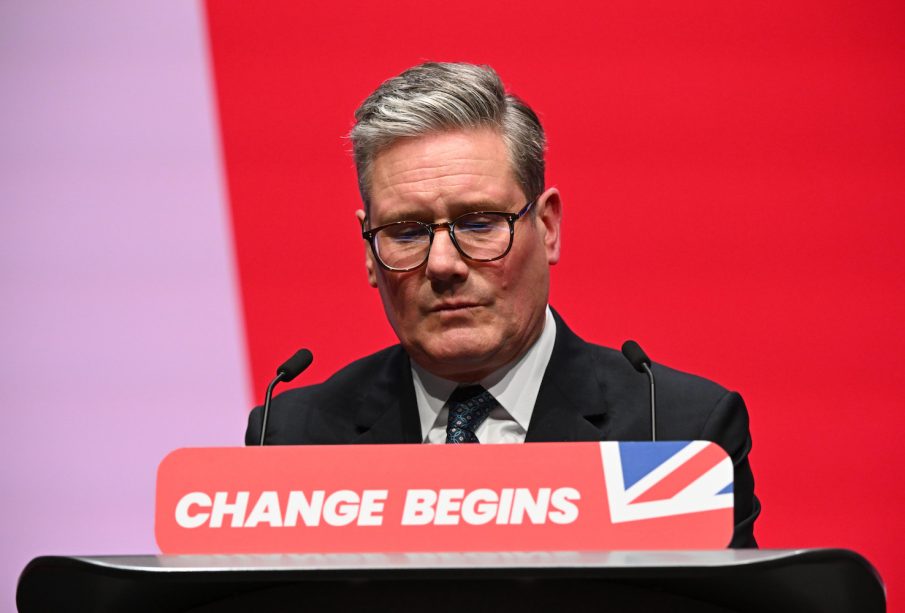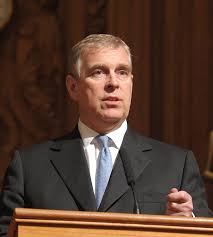Keir Starmer’s Speech Today: Key Highlights and Implications

Introduction
In a pivotal moment for the Labour Party, Keir Starmer delivered a significant speech today that seeks to redefine the party’s trajectory as it heads towards the next general election. The relevance of this speech cannot be overstated, especially in light of Labour’s ambitions to regain power and address pressing national issues. Starmer’s address came after recent controversies and criticisms regarding the party’s stance on various topics, making it essential for him to clarify Labour’s vision moving forward.
Key Points of the Speech
During his speech, Starmer focused on a range of critical areas relevant to the electorate. He began by addressing the ongoing cost-of-living crisis, outlining Labour’s commitment to implement policies aimed at alleviating financial pressures on households. “We are in a cost-of-living emergency, and every family should have the certainty they need to plan for their future,” Starmer stated, emphasising the need for actionable government support.
Furthermore, Starmer elaborated on plans to bolster the NHS and ensure it is adequately funded and staffed. He spoke passionately about the importance of improving healthcare services, particularly in light of the pandemic’s aftermath and the growing backlog of treatments. Additionally, he highlighted Labour’s strategies to tackle climate change, mentioning the development of green jobs as a pathway to a sustainable economy.
Political Implications
The timing of this speech is strategic, as it comes amid intense political discourse surrounding the upcoming elections. Starmer’s efforts to unify the party and reinforce a progressive message are critical in countering any narratives of division within Labour. Analysts suggest that his articulate delivery and focus on concrete policies could resonate with undecided voters, making Labour a formidable force against the Conservative government.
Conclusion
Keir Starmer’s speech today serves as a cornerstone for Labour’s campaign strategy as the UK readies itself for a decisive election period. By tackling key issues head-on and laying out a clear vision for the future, Starmer aims to regain public trust and appeal to a wider audience. The significance of this speech lies not only in its immediate implications but also in its potential to shape the political landscape ahead. As we move forward, it will be critical to monitor how these policies are received by the public and what impact they may have on the forthcoming elections.









